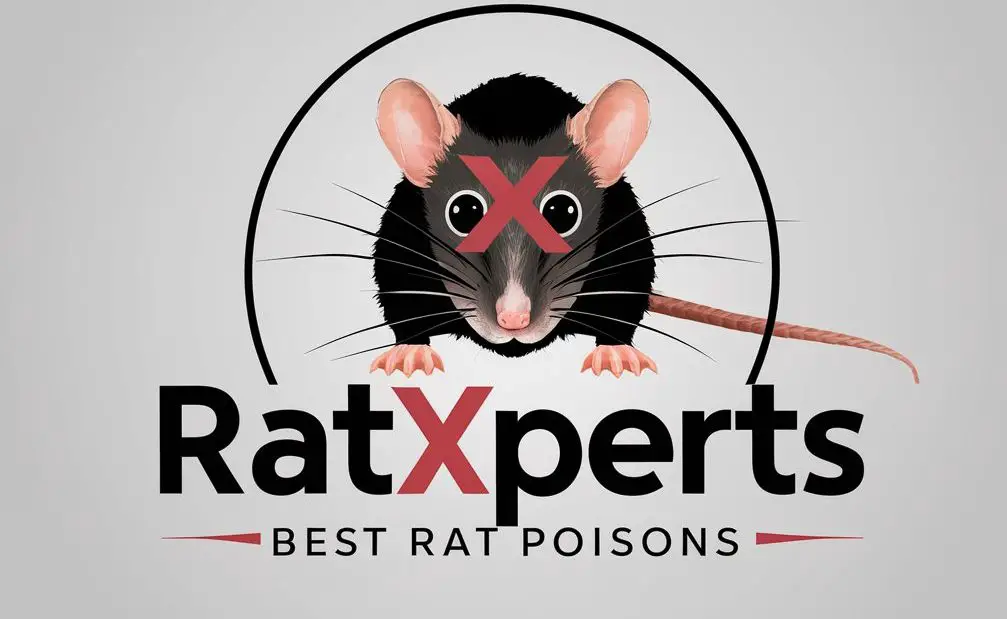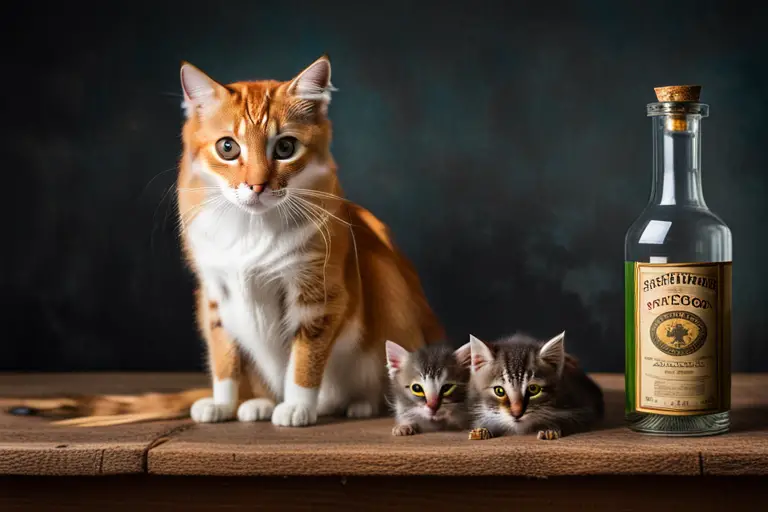As a cat owner, you want to keep your pet to safe from harm. One common household hazard is rat poison. If you have a rodent problem, you may be wondering what rat poison is safe for cats. While there is no completely 100% safe rat poison, there are options that are pet-friendly and less toxic to cats.
The Dangers of Rat Poison for Cats
Rat poison, also known as rodenticide, is designed to kill rodents by disrupting their blood clotting ability. Unfortunately, these products can also harm pets and even humans if ingested. Cats are particularly vulnerable to rat poison because they are natural predators of mice and rats and may eat poisoned rodents.
The symptoms of rat poison poisoning in cats can range from mild to severe and may include lethargy, vomiting, diarrhea, breathing difficulties, seizures, and even death. It is essential to seek veterinary care immediately if you suspect your cat has ingested rat poison.
Pet-Friendly Rat Poison Options
Thankfully, there are pet-friendly rat poison options available that can help control rodent populations while minimizing the risk to your cats. Here are a few options:
1. Natural Rodent Repellents
One option for controlling rodents without using poison is to use natural repellents. There are several plant-based products available that can help deter rodents, such as peppermint oil, garlic, and cayenne pepper.
You can also try using humane traps to catch and release rodents outside. While these methods may not be as effective as using poison, they are safer for pets and the environment.
2. Vitamin K1-Based Rat Poison
Vitamin K1-based rat poison is a safer option for cats than traditional rodenticides. These products work by preventing blood clotting in rodents, leading to internal bleeding and death. However, vitamin K1 can counteract the effects of the poison if ingested by pets.
It is essential to use these products according to the instructions carefully, and keep them out of reach of pets. If your cat does ingest vitamin K1-based rat poison, you should still seek veterinary care immediately.
3. Bromethalin-Based Rat Poison
Bromethalin-based rat poison is another option that is less toxic to pets than traditional rodenticides. This type of poison works by disrupting the function of nerve cells in rodents, leading to paralysis and death.
Bromethalin-based products are more potent than vitamin K1-based options, but they are also more toxic if ingested by pets. If you use these products, it is essential to keep them out of reach of pets and follow the instructions carefully.
Tips for Protecting Your Cat
In addition to choosing a pet-friendly rat poison, there are other steps you can take to protect your cat from harm:
1. Store Rat Poison Safely
Rat poison should always be stored in a secure location out of reach of pets. Consider using childproof locks or keeping the products in a high cabinet.
2. Control Rodents Safely
Using natural repellents and humane traps can help control rodents without putting your pets at risk. It is also essential to seal any holes or crevices in your home to prevent rodents from entering.
3. Monitor Your Cat’s Behavior
Keep an eye on your cat’s behavior and look for signs of rat poison poisoning, such as lethargy, vomiting, and diarrhea. If you suspect your cat has ingested rat poison, seek veterinary care immediately.
Conclusion
When it comes to controlling rodents, there are pet-friendly rat poison options available that can help keep your cats safe. Vitamin K1-based and bromethalin-based products are less toxic than traditional rodenticides but should still be used with caution and stored safely out of reach of pets.
Ultimately, the best way to protect your cat from rat poison is to control rodents safely and keep a watchful eye on your furry friend’s behavior. With these precautions, you can keep your cat safe from harm while keeping your home rodent-free.

